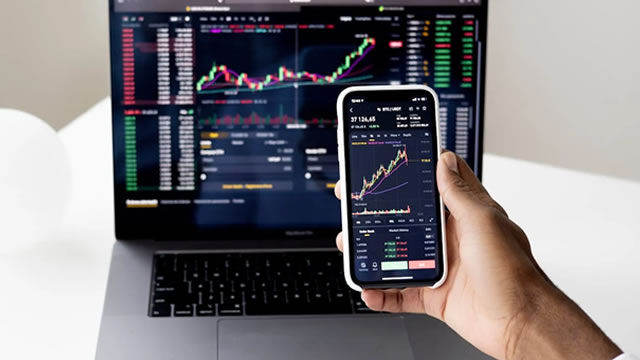
Brazil classifies stablecoin payments as foreign exchange under new rules
📋 Article Summary
Related Articles

Coinbase Expands 24/7 Futures Trading for Leading Altcoins
Coinbase Markets is set to significantly expand its regulated crypto derivatives offering by launching round-the-clock futures trading for a wide range of major altcoins. Beginning Dec. 5, traders will gain 24/7 access to futures tied to AVAX, BCH, ADA, Chainlink (LINK), DOGE, Hedera (HBAR), LTC, DOT, SHIB, Stellar (XLM), and SUI.

Crypto ATM Firm Weighs $100 Million Sale Amidst Founder's Legal Troubles
In a move that could reshape the landscape of digital currency exchange, a major crypto ATM operator is contemplating a sale valued at approximately $100 million. This decision emerges only days after allegations of money laundering surfaced against the company's founder, who is accused of facilitating illegal transactions amounting to $10 million.

Why MicroStrategy Has Become the Market's Key Crypto Hedge, According to Tom Lee
MicroStrategy (MSTR) has rapidly evolved into the preferred risk-management tool for crypto investors, a trend that Bitmine CEO Tom Lee says helps explain the stocks steep 43% decline over the past month. In a recent CNBC interview, Lee emphasized that MicroStrategy has effectively become the most important bitcoin proxy on the market, making it a prime target for institutional hedging activity during volatile periods.

Crypto ATM operator considers $100 million sale, days after founder's $10 million money laundering charge
The company had previously pivoted to software offerings in the face of "rising fraud exposure, regulatory pressure, and compliance demands."

Cryptocurrency ETFs Bounce Back After Period of Significant Outflows
On Friday, exchange-traded funds (ETFs) linked to cryptocurrencies like Bitcoin, Ethereum, and Solana staged a notable recovery, marking a positive turnaround after enduring substantial outflows earlier in the week. The resurgence in these ETFs indicates a renewed investor confidence, as they closed the trading session with gains.

The Future of Cross-Border Payments Runs on Stablecoins
Howard Davidson, CMO of Almond Fintech states: "Stablecoins are on track to replace the legacy financial system entirely".